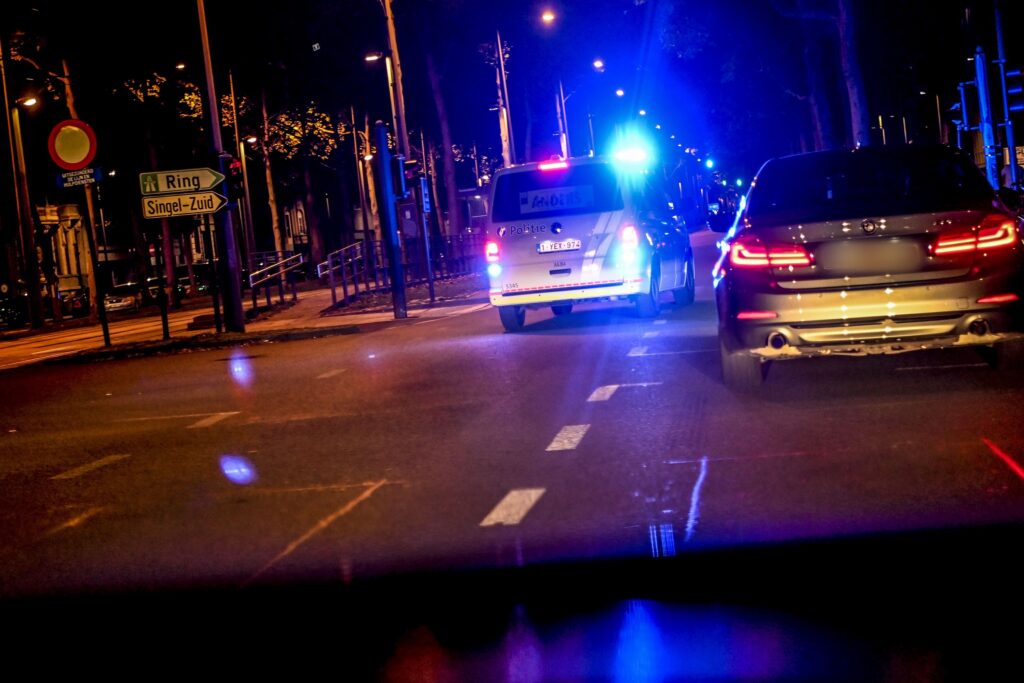The Belgian federal government has announced a new strategy to tackle increasing drug-related violence in Brussels.
The recent surge in violence in the capital is attributed to the arrival of the Marseille mafia in Brussels. They have capitalised on the weakening of the Albanian mafia following the Sky-ECC investigation, which allowed them to secure a portion of the drug market in the capital.
Speaking on Sunday on RTL, Brussels' Mayor, Philippe Close, said police needs to get clamp down on drug traffickers but the efforts need to be accompanied by a social and public health policy aimed at drug users.
"We need to be tough on drug trafficking, I'm the first to say so," said Mr. Close. "But we need a social and health project for drug users. Providing them with health care is part of our social mission."
Under the government's plan, police, justice and immigration services will enhance their coordination. The approach will focus on specific ‘hotspots’ in the city, namely Porte de Hal and Peterbos in Anderlecht, and improve coordination across Brussels’ six police zones.
“The aim is that every drug deal should be pursued,” Justice Minister, Paul Van Tigchelt, stated. His comments came during a press conference following a National Security Council meeting earlier in the week.
Related News
- Turf wars in Brussels: Surging drug violence fuelled by new gang feud
- Brussels drug violence 'to get worse before it gets better,' Justice Minister says
- How drug gangs took over Antwerp’s port
- 'This is a global problem': Brussels drug violence must be tackled internationally
Besides increased police efforts, the campaign will involve prompter deportation of drug traffickers from the country. Traffickers are often found to exploit young foreigners in the country illegally, using them as street dealers.
The Justice Minister said that an agreement had been reached with Morocco for the repatriation of its nationals involved in the trafficking.
Army deployment
A suggestion last week by Georges-Louis Bouchez, President of Belgium’s liberal party (MR), to deploy the army on the streets of Brussels was rejected by the government.
Defence Minister Ludivine Dedonder highlighted that the military neither possesses the training, equipment, nor the mandate to battle organised crime.
“The idea was barely discussed at the National Security Council. The MR argued for the measure, but the Council did not react as it does not meet their needs,” said Dedonder, who also blamed MR for the current police understaffing due to their policies during the previous legislature.
Belgium’s deputy Prime Minister, David Clarinval (MR), contradicted the Defence Minister, telling Belga news agency that the idea of using the army was discussed for “over an hour”.
“The request made by Bouchez was to free up police resources currently tied up in surveillance of sensitive sites, and instead make them available to focus on their essential tasks, such as combating drug trafficking,” Clarinval said.

